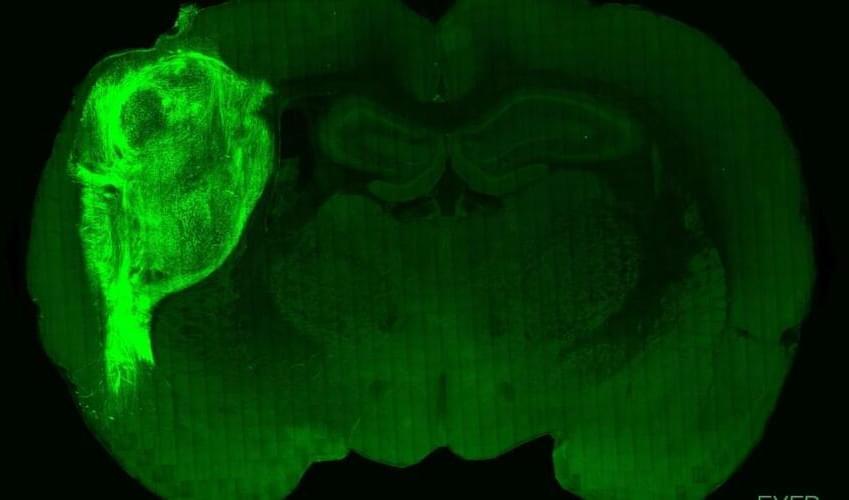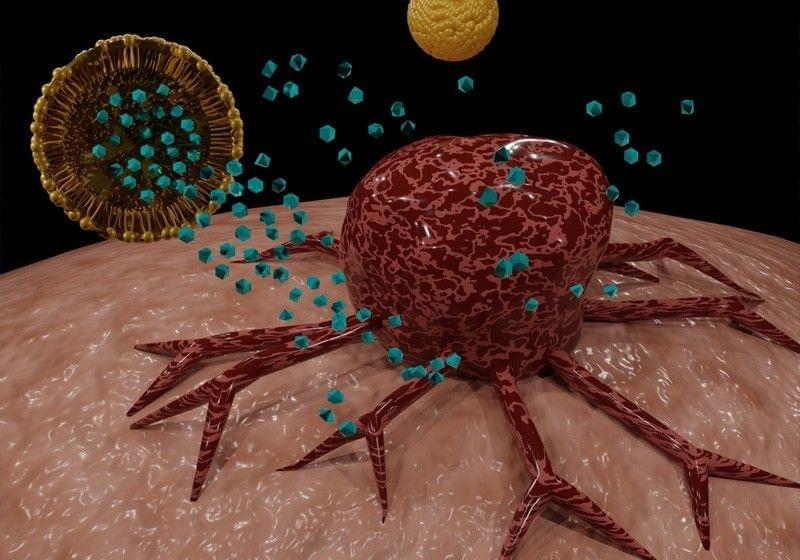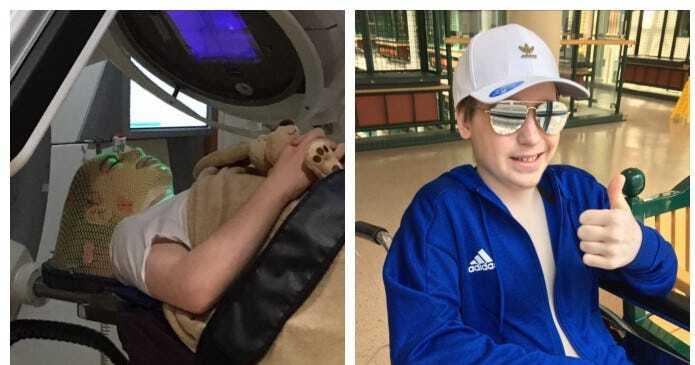What is limb regeneration and what species possess it? How is it achieved? What does this tell us about intelligence in biological systems and how could this information be exploited to develop human therapeutics? Well, in this video, we discuss many of these topics with Dr Michael Levin, Principal Investigator at Tufts University, whose lab studies anatomical and behavioural decision-making at multiple scales of biological, artificial, and hybrid systems.
Find Michael on Twitter — https://twitter.com/drmichaellevin.
Find me on Twitter — https://twitter.com/EleanorSheekey.
Support the channel.
through PayPal — https://paypal.me/sheekeyscience?country.x=GB&locale.x=en_GB
through Patreon — https://www.patreon.com/TheSheekeyScienceShow.
TIMESTAMPS:
Intro — 00:00
Regeneration & Evolution — 01:30
Regrowing Limbs and Wearable Bioreactors — 09:30
Human regenerative medicine approaches — 19:20
Bioelectricity — 24:00
Problem solving in morphological space — 40:45
Where is memory stored — 44:30
Intelligence — 50:30
Xenobots & synthetic living machines — 56:00
Collective intelligence & ethics — 1:10:00
Future of human species — 1:17:00
Advice — 1:24:00
Please note that The Sheekey Science Show is distinct from Eleanor Sheekey’s teaching and research roles at the University of Cambridge. The information provided in this show is not medical advice, nor should it be taken or applied as a replacement for medical advice. The Sheekey Science Show and guests assume no liability for the application of the information discussed.






